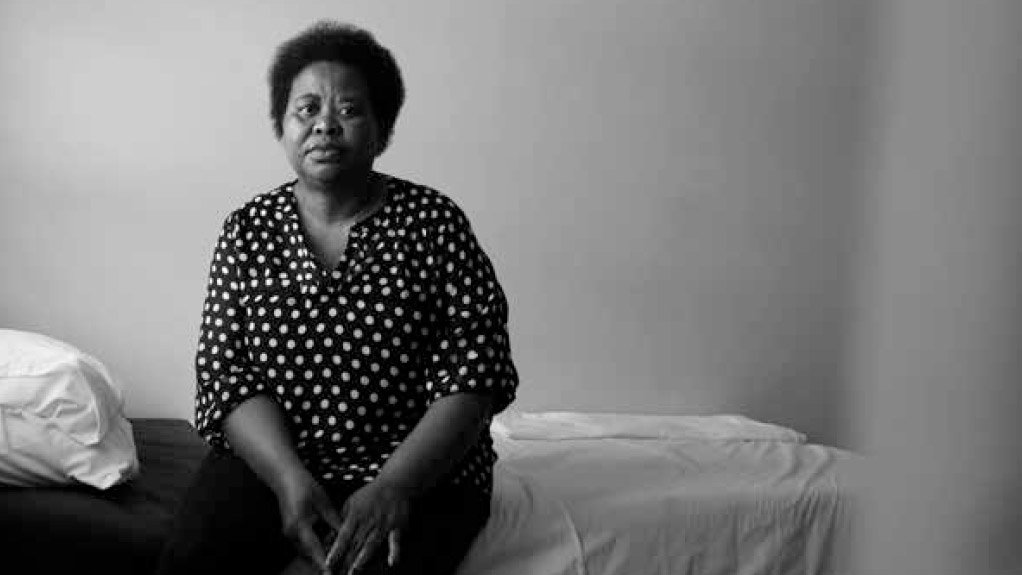- Critical gaps in medical and clinical forensic care for survivors of sexual violence in South Africa0.38 MB
Sexual violence is a major problem in South Africa, with studies showing that up to one in four women have been raped in their lifetime. Only a small proportion of rapes – as few as 1 in 25 – are reported to the police and many survivors never access care.
Sexual violence may cause HIV and other sexually transmitted infections (STIs), unwanted pregnancy and mental health disorders. With prompt treatment by appropriately trained healthcare workers associated health consequences can be avoided or reduced. Providing survivors of sexual violence with access to comprehensive care is a medical imperative.
Towards this end the Department of Health (DoH) has designated 265 public health care facilities – mostly hospitals – across all provinces to provide medical and psychological care to survivors of sexual violence, as well as the option of clinical forensic services. Of these, 55 designated facilities are specialized, interdepartmental Thuthuzela Care Centers (TCC), based on hospital premises – so called “one-stop-shops” for survivors of sexual violence, catering for their medical, mental health, social assistance, and legal needs. Other designated facilities – also hospital-based – extend access to essential medical and clinical forensic care to survivors of sexual violence who cannot easily access the TCCs. Designated health facilities should provide survivors of sexual violence with care that addresses all possible health consequences.
With the objective of verifying whether designated facilities have the capacity to provide comprehensive medical and clinical forensic care for survivors of sexual violence, Médecins Sans Frontières/Doctors Without Borders (MSF) conducted a nation-wide telephonic mapping of designated facilities in October 2017, providing an initial overview of what service provision gaps exist at designated facilities. The mapping, together with MSF experience working with the North West Department of Health in Bojanala District, informs recommendations on how to improve the provision of care in the future. Since 2015, MSF has supported the North West Department of Health (NWDoH) in providing comprehensive patient-centred services for survivors of sexual violence in Bojanala District.
Out of 265 designated facilities, 63% (n=167) participated in an interview. Main findings include:
- 26.7% (n=43) facilities provide the full medical component of the comprehensive package of care. Only 42% (n=68) of facilities reported all medical examination and treatments were available.
- 7% (n=12)of facilities reported they did not provide any services for survivors of sexual violence.
- 85% (n=227) of facilities were hospital-based, with the majority of services not being offered in dedicated victim-friendly settings.
- Where clinical forensic services are available, they are provided exclusively by doctors in 57% (n=74) of facilities.
- Counselling and social assistance was not widely reported to be available on site (27% facilities have access to a psychologist; 72% facilities have access to a social worker).
Comprehensive medical and forensic care is currently not widely available to survivors of sexual violence in South Africa. Urgent interventions are required to ensure that access to services improves, so that survivors of sexual violence can receive care to prevent or reduce the serious health consequences of rape, and pursue legal resolution if they wish to do so.
Report by Medecins Sans Frontieres - Doctors Without Borders
EMAIL THIS ARTICLE SAVE THIS ARTICLE ARTICLE ENQUIRY
To subscribe email subscriptions@creamermedia.co.za or click here
To advertise email advertising@creamermedia.co.za or click here











